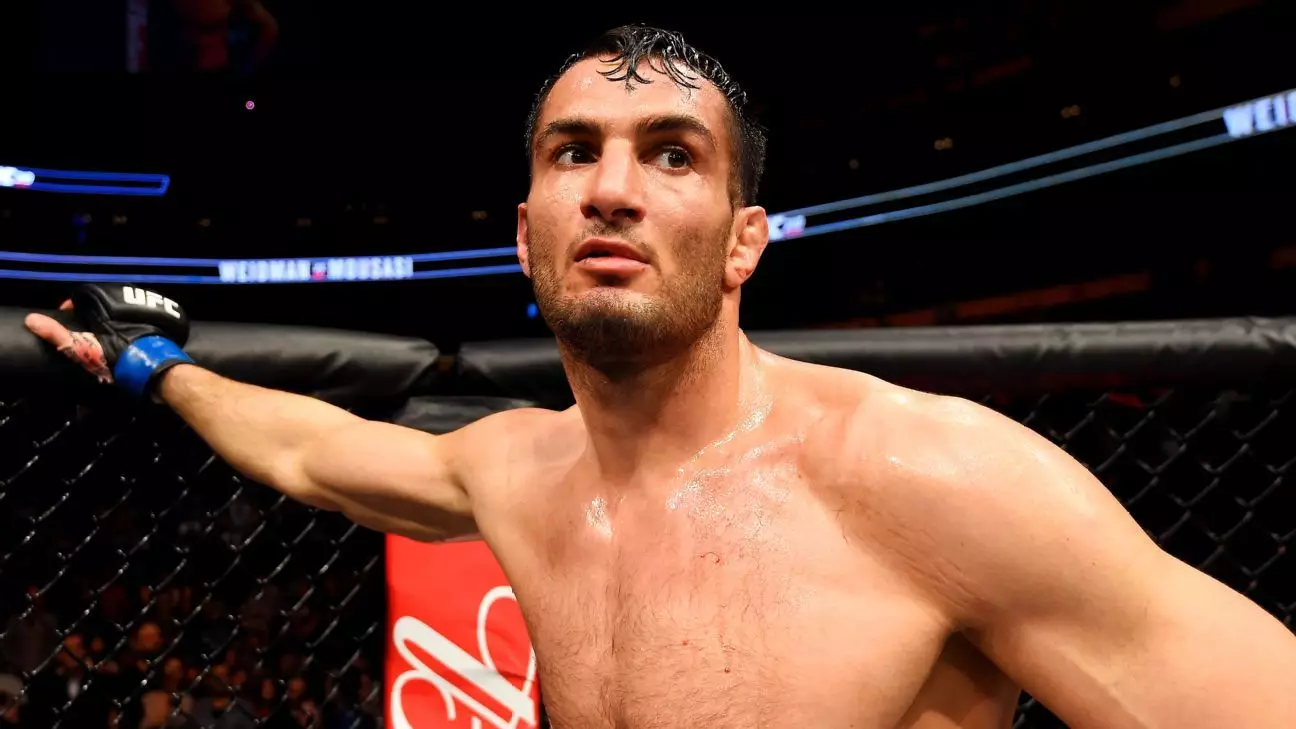Gegard Mousasi, a renowned figure in mixed martial arts (MMA) and former Bellator champion, has initiated a significant legal action against his previous employer, Bellator MMA. This lawsuit, filed in the U.S. District Court in New Jersey, demands compensation amounting to at least $15 million. However, the implications of this lawsuit extend beyond mere financial restitution; they unearth serious concerns regarding the relationships between fighters and promoters in the MMA industry.
Allegations of Contract Violations
At the heart of Mousasi’s lawsuit are accusations of breach of contract and wrongful classification as an independent contractor. Mousasi contends that his agreement with Bellator, which was extended in 2020, is being undermined by the organization’s alleged negligence in providing him fighting opportunities. Mousasi’s claims suggest that after signing a lucrative eight-fight deal in 2020—which reportedly included a base pay of $150,000 per match, escalating to $850,000 for later bouts—he encountered significant hurdles in securing fights. This stagnation in his professional activity raises questions about the transparency and fairness of contractual obligations within the MMA promotion sphere.
Adding another layer of complexity to this case is the acquisition of Bellator MMA by the Professional Fighters League (PFL) in late 2022. The lawsuit documents Mousasi’s frustrations with the transition in ownership and how it curtailed his competitive opportunities. His manager, Nima Safapour, actively sought to negotiate better terms and increase fight bookings, but these efforts seemingly fell on deaf ears after the merger. Mousasi’s struggles culminated in a fight against Fabian Edwards in May 2023, which he claims resulted in injury and an unfavorable outcome. His grievances underscore a larger narrative of how ownership changes can impact fighter agency and livelihood.
Mousasi’s situation is emblematic of a broader issue faced by many athletes in the industry: the precarious nature of fighter contracts and the often exploitative dynamics between fighters and organizations. These challenges call for a reevaluation of how promotions operate, as well as discussions about the rights and protections afforded to fighters.
In Mousasi’s case, being misclassified as an independent contractor rather than an employee obfuscates his rights and access to benefits typically granted to employees. The legal distinctions in the nature of work are critical and can significantly affect a fighter’s career trajectory and financial security.
As the legal proceedings unfold, the implications of Mousasi’s lawsuit could resonate throughout the MMA landscape. The potential for reform in fighter treatment and contract structures could arise from this case, prompting promotional organizations to reconsider their treatment of athletes. Mousasi, a seasoned fighter with a career dating back over a decade, may very well be setting the stage for change in the mixed martial arts community.
This lawsuit isn’t merely a personal grievance; it’s a focal point for widespread scrutiny of the MMA industry’s operational processes and its commitment to protecting the rights of fighters. Given the stakes involved, both in terms of financial implications and broader systemic concerns, all eyes will be on the developments of this landmark case.

